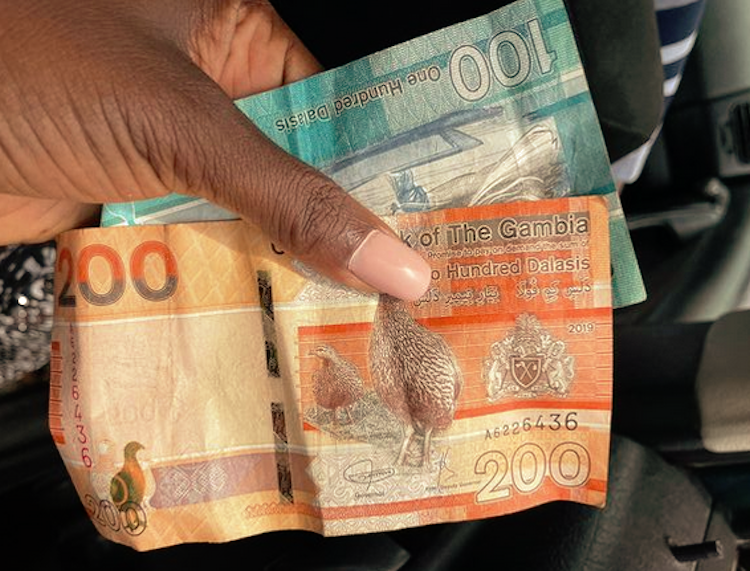The Government of The Gambia has taken proactive steps to mitigate external shocks affecting the stocks and prices of essential commodities in the domestic market. These measures, outlined by the Ministry of Trade, Industry, Regional Integration and Employment, aim to ensure the availability and affordability of key food items, particularly during the holy month of Ramadan.
One of the key achievements highlighted by the Ministry is the successful negotiation with the Indian government to secure a waiver for the importation of rice in 2023. This negotiation resulted in an allocation of 150,000 metric tons of rice to The Gambia, with a significant portion already imported under the waiver. Negotiations are underway for additional allocations, with the first consignment expected to arrive in Banjul during the first week of Ramadan.
In addition to rice, the Ministry has also requested an additional 150,000 metric tons of rice for the 2024-2025 period, and is seeking to include sugar and oil in the support package for waiver in 2024. These measures are expected to increase the supply of these commodities and help reduce prices in the domestic market.
The Ministry is also working closely with the Gambia Ports Authority to provide priority berthing of vessels carrying essential commodities. This collaboration aims to avoid demurrage charges that could lead to increased prices for consumers.
Furthermore, the Ministry is facilitating access to foreign currency for traders to clear their letters of credit with suppliers, ensuring a steady flow of essential commodities into the country.
In line with efforts to boost domestic production, the government is focusing on supporting both industrial and small-scale production of rice and other commodities. These efforts aim to reduce reliance on imports and increase food sovereignty.
These measures have played a significant role in easing pressure on prices and ensuring the availability of essential commodities in The Gambia. The government remains committed to monitoring stocks and prices and implementing appropriate policy measures to ensure food security, especially during the month of Ramadan and beyond.










